
Dr. Heidi Haavik
Vice President Research
Dr. Heidi’s research interest lies in exploring how the human central nervous system adapts to its environment, a process known as neural plasticity. Her current line of research explores these central neural effects of chiropractic care and its impact on human function and quality of life.
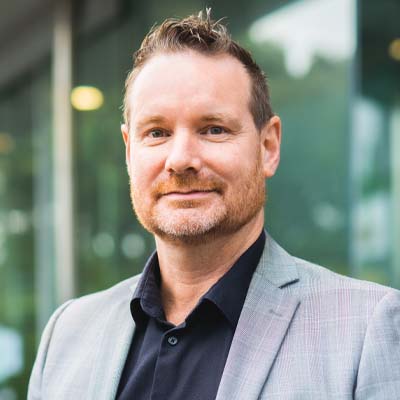
Dr. Kelly Holt
President
BSc, BSc(Chiro), PGDipHSc, PhD. Dr. Kelly has a deep belief in giving back, and he started working at the College in 2000 and has held many roles as a lecturer, mentor, researcher and long-time member of the senior leadership team. He has been a full-time team member at the College since 2009, and in 2014 he was awarded his PhD in population health from the University of Auckland. Kelly has a commitment to the philosophical foundation of the College, vision and an innovative drive to guide the College through its next stages of growth.
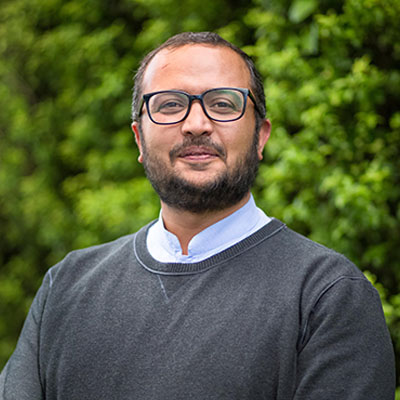
Dr. Imran Khan Niazi
Director Centre for Chiropractic Research, Dean of Innovation & Technology
Dr. Imran’s main research interests focus on the impact of chiropractic care on brain function and brain computer interfaces. In his current role at the Centre for Chiropractic Research, he is investigating the effects of chiropractic care on the central nervous system using EEG and EMG.
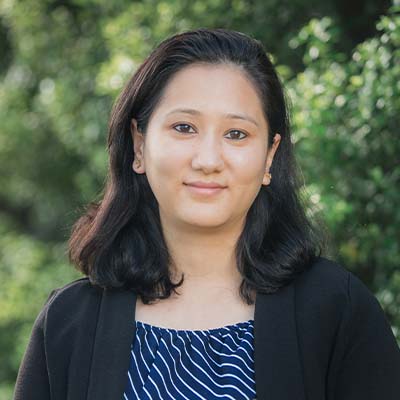
Dr. Nitika Kumari
Senior Research Fellow
Dr. Nitika is a post-doctoral research fellow at the Centre for Chiropractic Research. Her research interests include motor learning, neuroplasticity, motor adaptation, stroke rehabilitation, and neuromodulatory interventions.
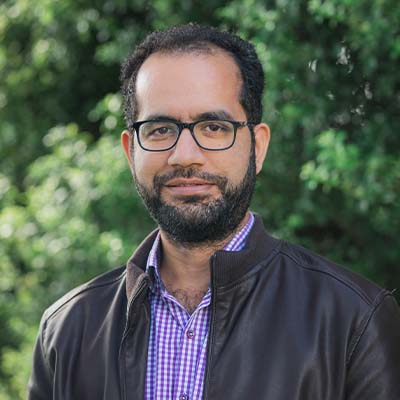
Dr. Imran Amjad
Senior Research Fellow
Dr. Imran is a Senior Research Fellow at the Centre for Chiropractic Research. His areas of research interest include rehabilitation of Neurological conditions, Bio-mechanics, Exercise physiology, and the systemic response of physical rehabilitation in different disorders.
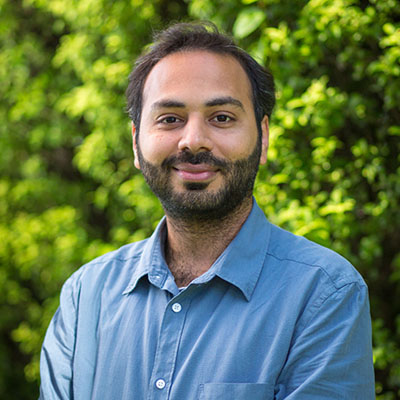
Dr. Samran Navid
Postdoctoral Research Fellow
Samran is working as a Postdoctoral Research Fellow in the Centre for Chiropractic Research at the New Zealand College of Chiropractic. He also holds a Postdoc position in Sleep & Memory Lab at the Donders Institute in Nijmegen, The Netherlands. At CCR, his research focuses on the effects of chiropractic care on the brain activity of different patient populations, using electroencephalography (EEG) and brain source localisation techniques. He earned his PhD in Clinical Science and Biomedicine from Aalborg University, his M.S. in Biomedical Engineering from the National University of Sciences and Technology, and his B.S. in Computer Engineering from the National University of Computer and Emerging Sciences.
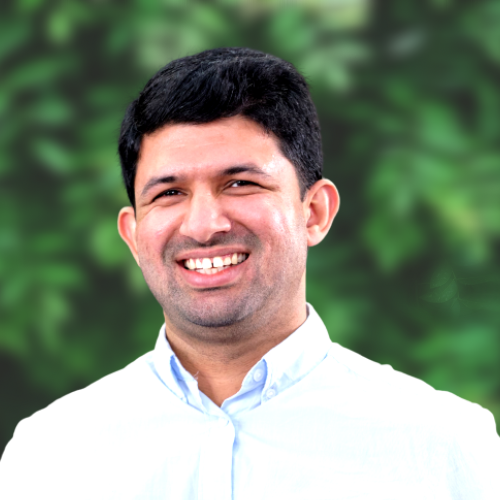
Dr. Usman Rashid
Senior Data Analyst
Dr. Usman Rashid’s passion is taking science from the laboratory and transforming it into technology which can enable people to achieve their best selves. His day to day work at the NZCC Research Centre involves understanding current Chiropractic practice, spotting opportunities for technology-based solutions and working with clinicians, scientists and engineers to transform these technologies into products. This is a unique position as he gets to participate in designing and conducting research, and at the same time undertake engineering works. He says “I have worked across a wide range of science topics. I have attained a BSc in Electronics Engineering, a MSc in Robotics and Intelligent Machines, and a PhD in Brain Computer Interfaces. Based on my PhD work, I created a start-up company, NortekLab, which produces equipment for research in Brain Computer Interfaces (BCIs). To date, we have sold 10 BCI systems. During my post-PhD work, I helped my team design experiments which won more than NZD 1.2 million in external research funding. My skill-set includes statistical modelling, mobile application development, full-stack software development, mobile accelerometery, anomaly detection, bioinformatics pipeline development and digital signal processing.”
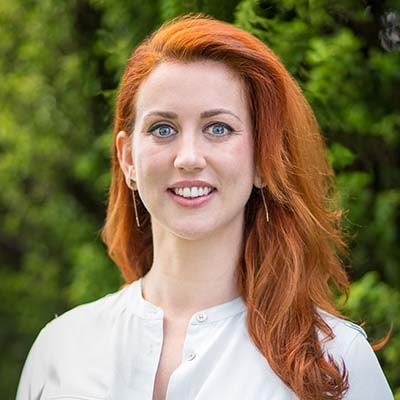
Dr. Alice Cade
Research fellow and Senior Lecturer
Alice is an experienced academic and clinician-scientist with a proven track record in educational innovation, research leadership, and institutional governance. Alice’s research interest is how eye movements are affected by spinal function and how the brain integrates sensorimotor information to effect these changes. She earned her PhD at Auckland University, investigating how traumatic brain injury affects eye movements and how chiropractic can influence recovery. A 2001 graduate of NZCC, Alice brings over a decade of cross-institutional experience in curriculum design, problem-based learning (PBL) integration, and assessment reform, with specific expertise in neuroscience, clinical diagnostics, and eye-tracking methodologies, alongside over two decades of clinical practice.
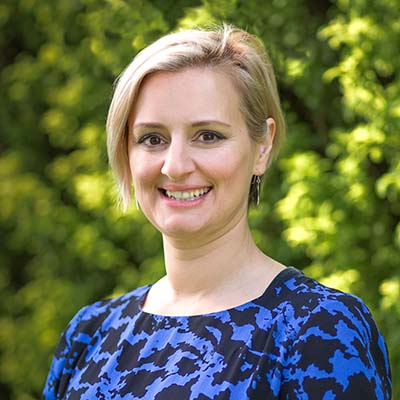
Dr. Tanja Glucina
Senior Lecturer and Research Fellow
Dr. Tanja is a practicing chiropractor and researcher. Her research focuses on quality of life and outcome measurement research. She is currently undertaking her PhD with Auckland University of Technology (AUT) with a research focus on chiropractic professional identity and effects of chiropractic care on quality of life.
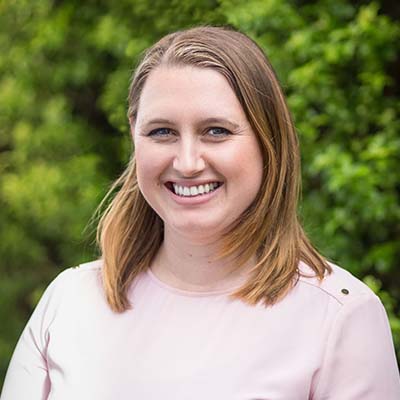
Dr. Jenna Duehr
Research Fellow
Dr. Jenna is a practicing chiropractor, lecturer, Registered Nurse and researcher. Her research interests include investigating chiropractic care in the paediatric population, neuroscience, and motor control.
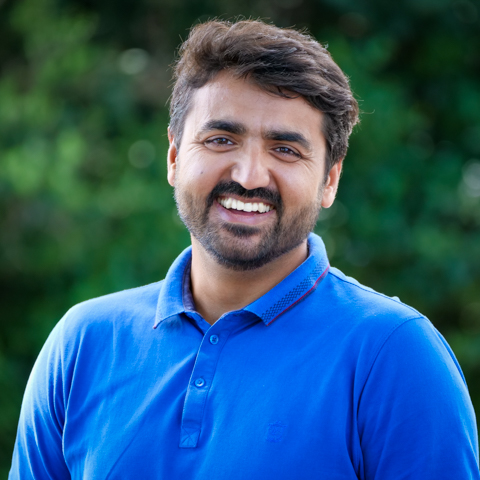
Dr. Usman Ghani
Research Fellow
Dr. Usman is a Postdoctoral Research Fellow in the Centre of Chiropractic research at New Zealand College of Chiropractic. A major focus of his research at CCR is to use electroencephalograms (EEGs) and functional near-infrared spectroscopy (fNIRS) to identify how chiropractic care alters brain dynamics. The areas of research he is interested in including rehabilitation technologies are motor control and neuroplasticity. While pursuing his PhD in health sciences at Auckland University of Technology, he studied brain signals, mainly EEGs and ERPs, and how they are associated with cognitive workload variations.
Meet our Team Specialised in Artificial Intelligence
We are thrilled to introduce our AI team, led by Dr. Imran Niazi, dedicated to improving our research and education in chiropractic care.
Led by experienced data scientists and machine learning experts, our AI team is working tirelessly to develop innovative solutions to some of the most pressing challenges in chiropractic care. They use cutting-edge technologies such as natural language processing, computer vision, and predictive modeling to analyze large datasets and generate insights that inform clinical practice.
The AI team is developing new tools and resources to support student learning and professional development in partnership with our faculty and clinicians. From personalized learning modules to clinical decision support systems, their work is enhancing the quality of chiropractic education and advancing the field.
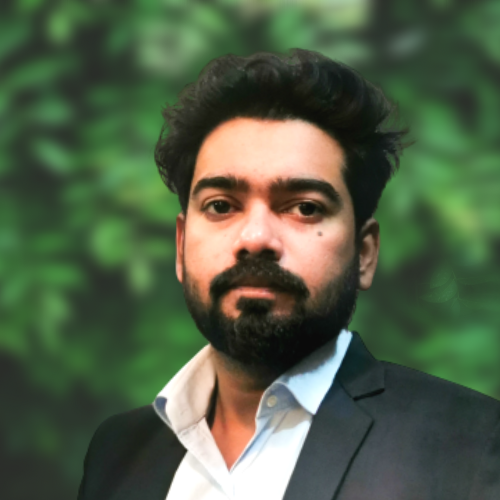
Shahzaib Iqbal
Research Associate
Shahzaib is working as Research Associate at the Centre for Chiropractic Research at the New Zealand College of Chiropractic. He has done master’s in Biomedical Engineering and his research interests are machine learning.
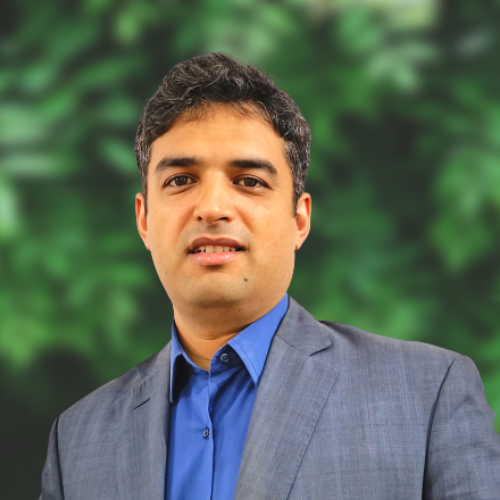
Kamran Rasool
Research Associate
Kamran is working as a Research Associate at the Centre for Chiropractic Research at the New Zealand College of Chiropractic. Kamran has extensive experience in developing smart embedded systems, especially in the biomedical field. He is particularly interested in developing “AI on the Edge” (Edge Computing). He believes advances in the field of AI and biomedical fields should be readily available in the everyday life of people.
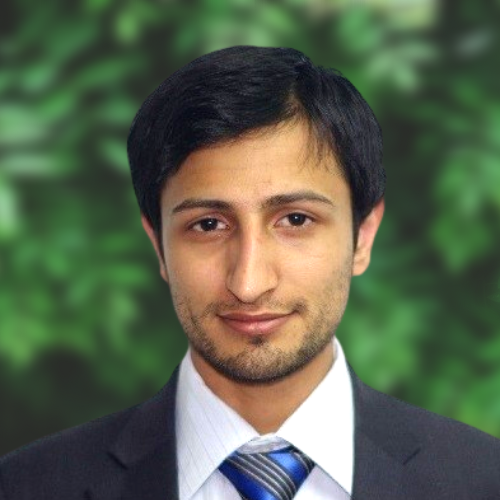
Malik Naveed Akhtar
Research Associate
Naveed is a PhD fellow at AUT and a research associate at the New Zealand College of Chiropractic. His research focuses on using AI to differentiate pathological brain aging from normal aging using non-invasive EEG. He has worked as a biomedical/embedded engineer for six years and has experience with the processing and classification of bioelectrical potentials and the development of healthcare wearables.
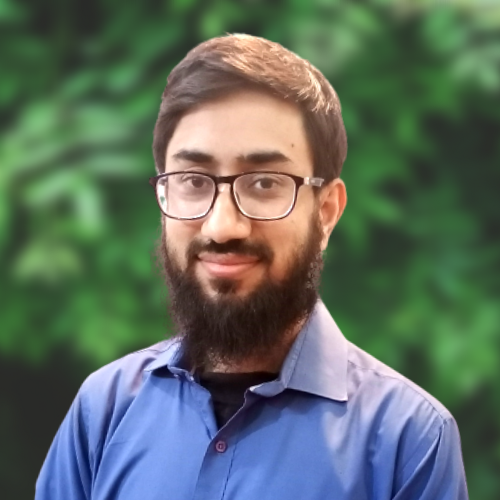
Talha Anwar
Research Associate
Talha is pursuing a PhD at Auckland University and working as a Research Associate at the Centre for Chiropractic Research. His research primarily focuses on utilizing ML/AI techniques to examine the impact of chiropractic care.

